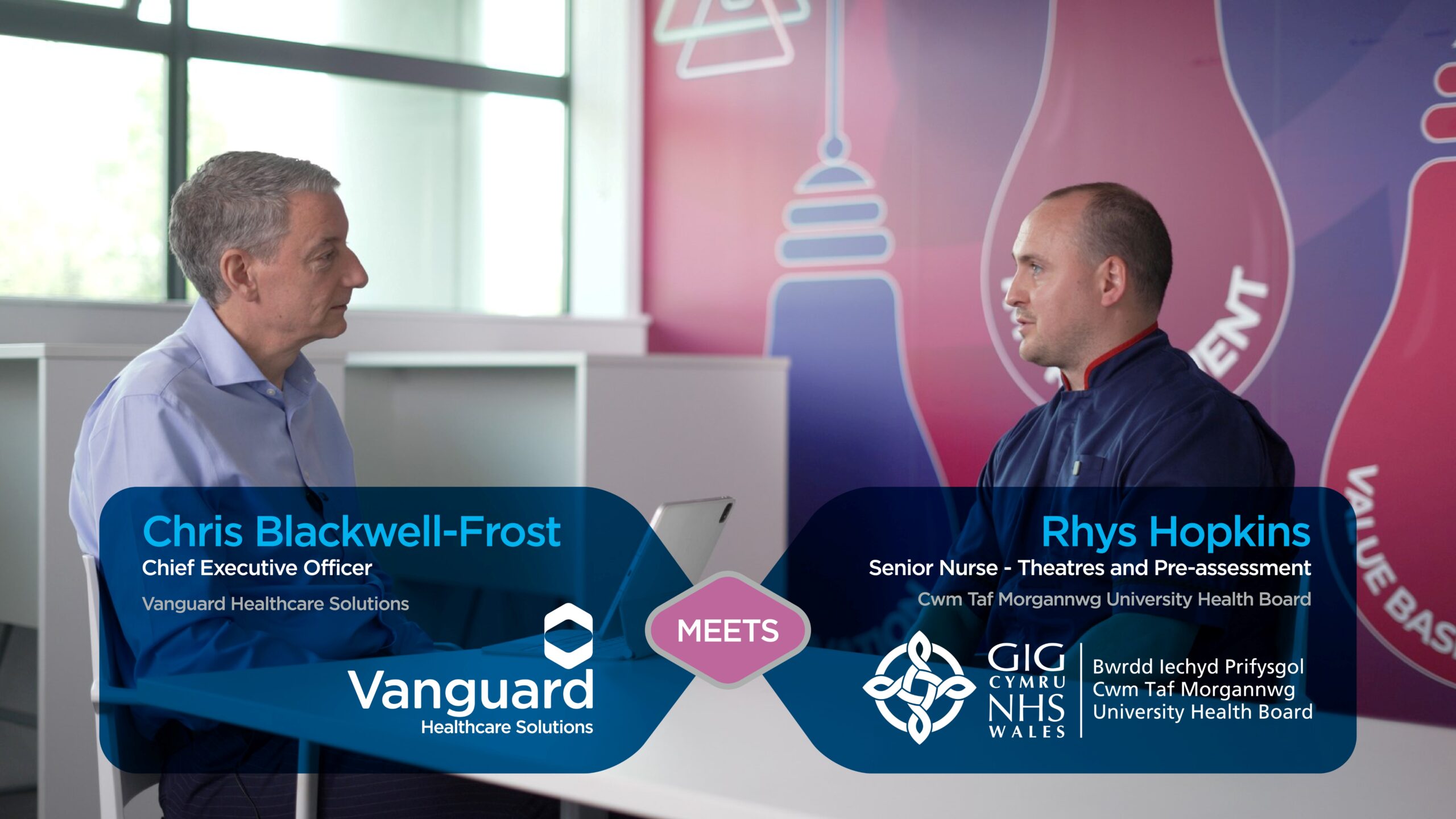It looks like you are in the United States
We have a different site (www.q-bital.com) which better suits your location
The elective care backlog has become one of the most pressing public health challenges in the UK. Paired with the burden of caring for those affected by Covid-19, the pressure on the NHS to manage the excess of patients requiring urgent diagnostic and clinical care has never been greater. Indeed, waiting lists have hit a 14-year record high of 5.5 million people, the House of Commons Health and Social Care Committee heard earlier this week; 10 per cent of whom are believed to have been waiting longer than 52 weeks for routine operations and procedures. Though diagnostic delays have not been felt equally – waiting lists are higher in more deprived areas where the impact of the pandemic has been greater – it is clear that backlogs in diagnosis and treatment are evolving rapidly, to varying degrees, across the whole country.
The ramifications of the pandemic on cancer diagnostics and early detection are particularly acute: Macmillan believes that there are approximately 50,000 ‘missing diagnoses’ for cancer patients; in other words, those who have been unable to access diagnostic testing over the last 12 months. Worse still, the charity has warned that the backlog could rise by almost 4,000 missing diagnoses each month if referrals and screenings do not return to pre-pandemic levels.
It is difficult to understate the impact of delays in diagnostic testing on people living with cancer. First and foremost, it lowers their chances of survival, with recently published research on lung cancer finding a 16 per cent increase in mortality when the time between diagnosis and surgery is longer than 40 days. Studies have also revealed the damage inflicted on emotional wellbeing and mental and physical health, with some patients being forced to attend consultations alone, while others have struggled with the isolation caused by remote appointments.
As long as the elective care backlog continues to grow, the urgent need to identify solutions to address it could not be clearer. Indeed, the NHS itself has recognised the importance of reforming and expanding diagnostic services to meet rising demand. A report by Sir Mike Richards commissioned by the NHS last year - Diagnostics: Recovery and Renewal –argues that the pandemic has made clear the “need to overhaul the way our diagnostic services are delivered” in order to “improve outcomes for patients with cancer and other serious conditions”.
Part of this solution should undoubtedly include the rapid rollout of Community Diagnostic Hubs (CDHs) using modern methods of construction, modular diagnostics capabilities will be crucial in supporting NHS ambitions to better prevent and detect cancers and in empowering local communities to take greater control of their own health. Also known as ‘one stop shops’, CDHs can also be mobile facilities uniquely designed to relieve pressure on acute settings through the provision of Covid secure facilities for vulnerable patients – including those with cancer – to access health services.
This transformative approach to healthcare will enable the NHS to achieve early detection and prevention, through increasing the scale and rate at which cancers can be identified compared to traditional brick and mortar facilities. Thus, investing in CDHs and separating acute and elective care will enable health professionals to not only continue their fight against the pandemic, but also deal with the backlog of elective care and, subsequently improve our overall approach to enhancing public health.
Having developed extensive experience working in cancer screening, women’s health, endoscopy and imaging, Vanguard has the expertise needed to deliver CDHs quickly and efficiently. Indeed, experienced mobile and modular specialist clinical facilities providers should be entrusted to support local government and healthcare organisations if NHS ambitions to close the critical gap in Cancer Care are to be met.
Click here to view a video about Vanguard Community Diagnostic Hubs.



Vanguard Healthcare Solutions
Unit 1144 Regent Court, The Square, Gloucester Business Park, Gloucester, GL3 4AD

We have a different site (www.q-bital.com) which better suits your location